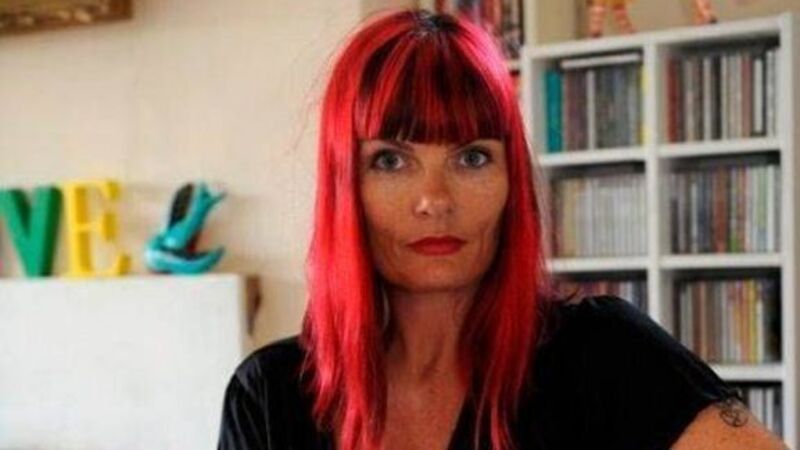Getting to grips with guttural utterances when learning Arabic

There are 28 letters in the Arabic alphabet. Each of these letters looks different, depending on whether they are at the start, the middle, or the end of a word. And over or under any or all of them, there might be a dot, a squiggle, or an accent, which totally changes the way the letter sounds, and changes its meaning. This does not include the dots that are permanently over some of them. So you could have a letter that has, say, three permanent dots, and then you add another dot or dash or squiggle — often so small you can barely see it — and the letter becomes something else. It’s like maths, but worse.
This is before you ever try to say anything. Not only are there 28 letters, but there are sounds in Arabic that don’t exist in English — Arabic doesn’t do ‘p’, for instance, because much of the sounds are coming from further back in the throat.












